Losing a limb changes life in ways most people cannot imagine. Beyond the physical challenges, amputees often struggle with emotions like grief, frustration, and loneliness. The journey to healing is not just about physical recovery—it is also about mental and emotional well-being.
In today’s digital world, social media has become a powerful tool for amputees to connect, share experiences, and find support. Online communities offer a sense of belonging and understanding, something that can be hard to find in everyday life. Whether it is sharing personal milestones, seeking advice, or simply talking to someone who truly understands, social media platforms have created a lifeline for emotional support.
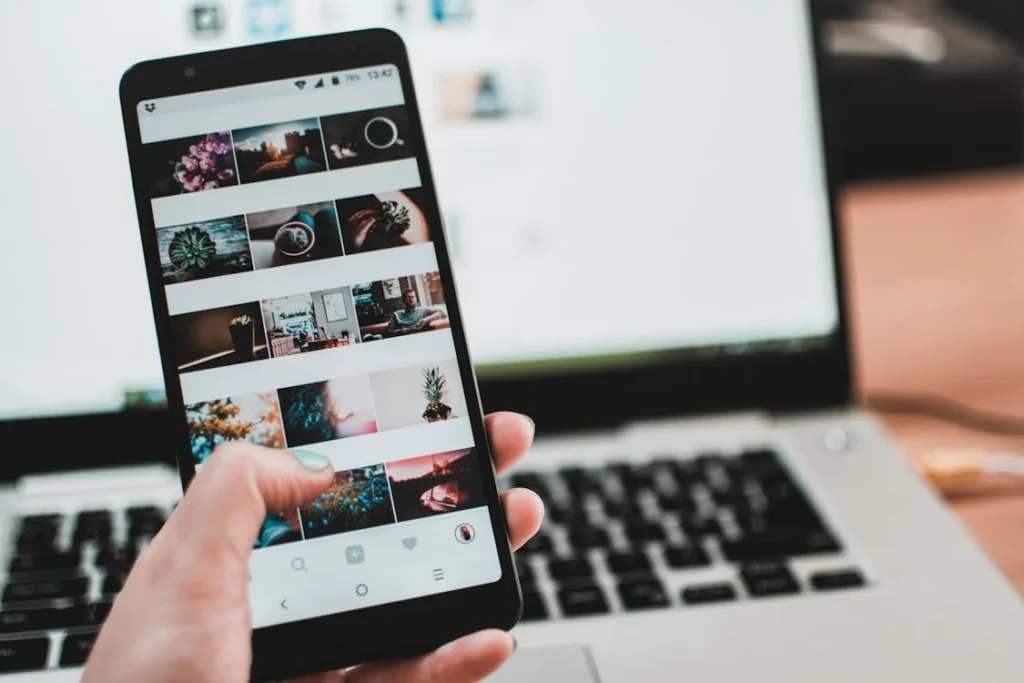
The Power of Online Communities for Amputees
Social media has transformed the way amputees connect with others, offering a space where they can express themselves, seek guidance, and find comfort in shared experiences.
For many, losing a limb can feel isolating, as they may not know anyone who truly understands what they are going through. Online communities bridge this gap, providing a sense of belonging and validation that is often missing in real-life interactions.
One of the greatest benefits of social media is its ability to connect people across the world. Amputees no longer have to rely solely on local support groups or in-person therapy.
They can join global networks where individuals from different backgrounds and cultures come together with a common goal: to uplift and support one another.
Whether through Facebook groups, Instagram pages, or specialized forums, these spaces offer a judgment-free environment where amputees can openly share their struggles and triumphs.
Emotional Support Through Shared Experiences
One of the biggest challenges after amputation is the emotional weight of the experience. Many amputees go through feelings of grief, frustration, and even depression as they adjust to their new reality.
Family and friends, while supportive, may not fully understand the emotional struggles that come with limb loss. This is where online communities become invaluable.
Through social media, amputees can share their personal journeys—talking about their fears, doubts, and victories.
When someone who has been through similar struggles responds with encouragement or shares how they overcame a similar challenge, it creates a powerful sense of validation.
Knowing that others have walked the same path and have found ways to adapt and thrive can be incredibly reassuring. It helps amputees feel less alone and more hopeful about the future.
Many online communities also celebrate small wins that might not seem significant to others but are deeply meaningful for amputees.
Being able to walk with a prosthetic for the first time, successfully picking up an object with a bionic hand, or simply feeling more comfortable in public spaces—these are milestones that fellow amputees understand and appreciate.
Social media provides a space to share these moments and receive encouragement, reinforcing the idea that progress is worth celebrating, no matter how small.
Encouraging Self-Acceptance and Confidence
One of the biggest struggles amputees face is self-image. Losing a limb can change how a person sees themselves, often leading to feelings of insecurity and self-doubt.
Many amputees worry about how others perceive them, especially in public or social settings. Social media, however, has played a major role in shifting this perspective by promoting body positivity and self-acceptance.
Platforms like Instagram and TikTok have given rise to amputee influencers who share their lives with confidence, proving that limb loss does not define a person’s worth or ability.
Seeing others embrace their prosthetics, participate in sports, dance, or even just go about their daily lives without hesitation can be deeply inspiring. It challenges outdated ideas of disability and empowers amputees to feel proud of who they are.
For many, posting a simple photo of themselves with their prosthetic for the first time is a huge step toward self-acceptance.
The support and encouragement received from the online community can make a profound difference, helping amputees feel seen, valued, and empowered.
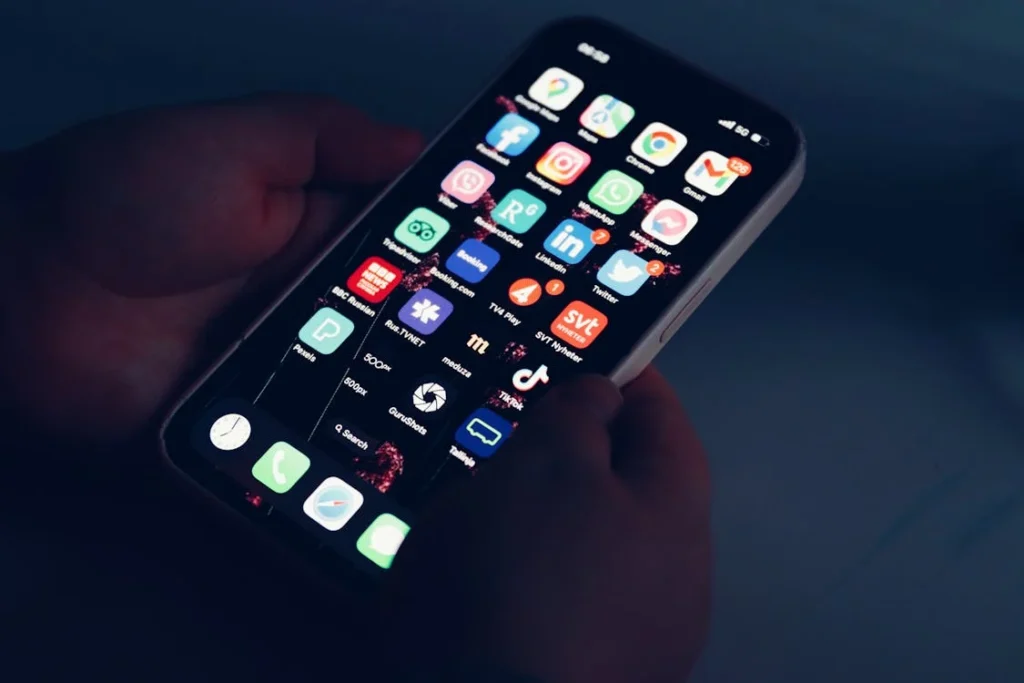
Breaking the Stigma: How Social Media is Changing Perceptions of Amputation
For decades, society has viewed amputation as a limitation rather than an adaptation. Many amputees have faced discrimination, unwanted pity, or misconceptions about what they can and cannot do.
Social media, however, is playing a crucial role in challenging these outdated beliefs and reshaping how people see limb loss.
Through online platforms, amputees are proving that they are not defined by their missing limbs. They are athletes, dancers, entrepreneurs, and artists. They are individuals living full and meaningful lives.
By sharing their stories online, they are breaking stereotypes and showing the world that disability does not mean inability.
Challenging Misconceptions Through Visibility
One of the biggest obstacles amputees face is the lack of representation in mainstream media. For many years, the only time people saw amputees was in medical advertisements or news stories about tragedies.
This limited exposure reinforced the idea that amputation was something to be pitied rather than accepted as a part of life.
Social media has changed this by giving amputees control over their own narratives. Platforms like YouTube, Instagram, and TikTok have allowed them to showcase their real lives—without filters, without scripts, and without limitations.
Whether it is an amputee running a marathon, styling their prosthetic to match their outfit, or simply going about their day with confidence, these images and videos create a new normal for what life as an amputee looks like.
When people see amputees thriving, their perception begins to shift. Instead of seeing amputation as a loss, they start to see it as an adaptation.
They learn that prosthetics are not just medical devices but tools that enable independence. They begin to recognize that amputees are just as capable, strong, and determined as anyone else.
Turning Disability Into Strength
One of the most powerful aspects of social media is the way it allows amputees to take ownership of their stories. Instead of being defined by their limb loss, they redefine themselves on their own terms.
Many have turned their experiences into sources of motivation for others, using their platforms to inspire, educate, and empower.
Some amputees have built entire communities dedicated to helping others embrace their new reality. They share advice on prosthetic care, mental health strategies, and tips for daily living.
They answer questions that new amputees might be afraid to ask. They create safe spaces where people can discuss their struggles without fear of judgment.
For those who are newly amputated, seeing others thrive can be life-changing. It shifts the focus from what was lost to what is still possible. It shows that the journey does not end with amputation—it is just the beginning of a new chapter, one that can be just as fulfilling as before.
Inspiring Future Generations
Representation matters, especially for children and young adults who experience limb loss. Social media has created a world where young amputees can see themselves reflected in role models who share their experiences.
For a child who has just received a prosthetic, seeing someone like them confidently navigating life can be incredibly reassuring. It tells them that they are not alone, that they can achieve their dreams, and that they are just as capable as anyone else.
This visibility is shaping a future where amputation is no longer seen as a limitation, but simply a different way of moving through the world.
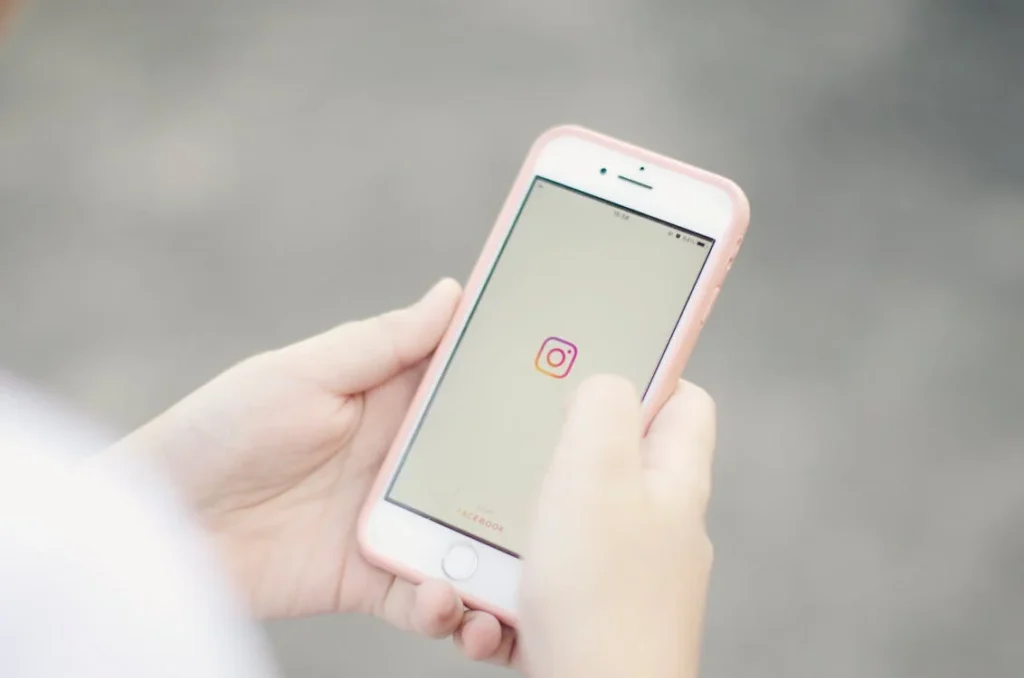
Building a Support System: The Role of Social Media in Mental Health Recovery
Recovering from limb loss is not just about physical rehabilitation—it is equally about emotional healing. Many amputees experience feelings of grief, self-doubt, and even depression.
The mental adjustment can be overwhelming, especially when facing this journey alone. Social media has become a crucial tool in building strong support systems that help amputees navigate these emotions and regain a sense of normalcy.
Finding Strength in Shared Stories
One of the biggest mental health challenges for amputees is the feeling of isolation. Many struggle with the thought that no one else understands what they are going through.
This loneliness can lead to increased anxiety and even depression. However, social media provides a space where amputees can connect with others who have faced similar struggles.
By reading or watching the experiences of others, amputees realize that they are not alone. They see people who have overcome similar obstacles, faced the same emotional challenges, and come out stronger on the other side.
These stories offer hope and reassurance that healing is possible. It reminds them that what they are feeling is normal, and that there is a community ready to support them.
Many amputees find themselves forming deep connections with people they have never met in person.
A simple conversation in a Facebook group, a heartfelt comment on an Instagram post, or a direct message from someone who has been in their shoes can make a world of difference. It creates an environment where they feel understood, accepted, and supported.
Encouraging Open Conversations About Mental Health
Mental health is still a topic that many people struggle to talk about, especially in cultures where showing vulnerability is seen as a weakness.
For amputees, expressing feelings of sadness, frustration, or fear can be difficult, especially when they feel pressured to “stay strong” for their loved ones.
Social media has helped normalize these conversations, encouraging amputees to speak openly about their mental health challenges without fear of judgment.
Platforms like Twitter, Reddit, and TikTok have given rise to discussions about depression, anxiety, and body image struggles after amputation.
When someone shares their emotional battles online, it often encourages others to do the same. This openness creates a ripple effect, breaking the stigma around mental health and making it easier for amputees to seek help.
For many, simply knowing that others have faced the same struggles and found ways to cope is incredibly empowering.
It helps them recognize that their feelings are valid and that seeking support—whether through therapy, online discussions, or personal connections—is a sign of strength, not weakness.
Bridging the Gap Between Amputees and Professional Help
While peer support is invaluable, professional guidance is often necessary for those dealing with severe mental health struggles.
Social media has played a crucial role in bridging the gap between amputees and mental health professionals by increasing awareness and accessibility to resources.
Many psychologists, therapists, and prosthetists now use social media to share insights about mental health, coping strategies, and self-care specifically for amputees.
Online therapy services and mental health apps have also gained popularity, allowing amputees to access professional support from the comfort of their homes.
For those who may hesitate to seek therapy in person, social media offers a starting point—a space to gather information, ask questions, and understand their options.
By making mental health support more accessible, online platforms are ensuring that amputees receive the care they need to heal both physically and emotionally.
At Robobionics, we understand that true recovery goes beyond prosthetics—it is about rebuilding confidence, mental strength, and emotional well-being.
That is why we encourage amputees to explore online communities, connect with others, and seek support when they need it. Healing is not a journey that should be walked alone, and social media is proving that no one has to.
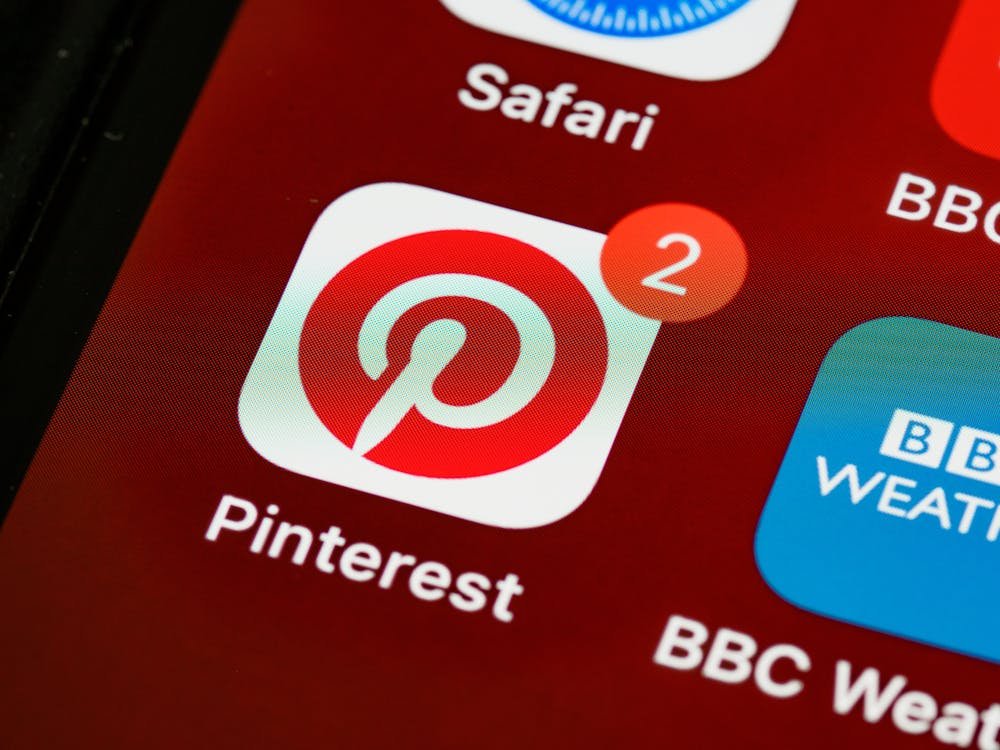
Empowering Amputees Through Advocacy and Awareness
Social media has given amputees more than just a space for support—it has given them a voice. For decades, people with limb loss were underrepresented in the media, and their challenges were rarely discussed outside medical or rehabilitation settings.
Today, platforms like Instagram, Twitter, TikTok, and YouTube have created a stage for advocacy and awareness, allowing amputees to share their experiences, educate the public, and push for meaningful change.
Creating Awareness and Changing Perceptions
Many people still have misconceptions about amputation, assuming that it always results in complete dependence or a lower quality of life.
Some believe that prosthetics are always fully functional like those in movies, while others see amputation only as a disability, not an adaptation. These misunderstandings can create unnecessary barriers, from employment discrimination to social stigma.
Social media is actively dismantling these myths. Amputees are using their platforms to educate the public about what life with limb loss is really like.
They share their daily routines, show how they use prosthetics, and demonstrate their independence. Some post videos of themselves driving, working out, cooking, or engaging in sports—things many assume amputees cannot do.
By showing real-life experiences, these creators are changing the way society views amputation. They are proving that limb loss does not mean the loss of ability, ambition, or success.
Instead, it is simply a new way of navigating the world. This visibility is essential in breaking stereotypes and ensuring that amputees are seen as capable individuals rather than people to be pitied.
Using Social Media for Advocacy and Change
Beyond raising awareness, many amputees are using social media as a tool for advocacy and policy change. They are speaking out about issues such as the high cost of prosthetics, lack of accessibility in public spaces, and the need for better healthcare support.
In many countries, prosthetic limbs are expensive and not covered by insurance. For many amputees, social media has become a way to share their struggles and advocate for more affordable and accessible solutions.
Some start crowdfunding campaigns to help pay for advanced prosthetic limbs, while others use their platforms to pressure policymakers into reforming healthcare policies.
There have been cases where social media activism has led to real change. Some campaigns have successfully raised funds for children who needed prosthetics.
Others have resulted in businesses and public spaces making accessibility improvements. The power of collective voices on social media is undeniable—when enough people rally behind a cause, change becomes possible.
Inspiring the Next Generation of Amputees
Representation matters, especially for young amputees who are still adjusting to life with limb loss. Before social media, many children and teenagers with limb differences had no role models to look up to.
Now, they can follow amputees who share their stories, showcase their successes, and offer encouragement.
Seeing someone like themselves succeed in sports, fashion, business, or any other field can be life-changing. It reassures young amputees that they are not alone and that they have a future filled with possibilities.
Many influencers and activists even take the time to mentor or connect with young amputees, offering guidance and support during difficult times.
At Robobionics, we believe in the power of community and advocacy. We are committed to making prosthetics more accessible, spreading awareness, and supporting initiatives that help amputees live with confidence and dignity.
The power of social media in driving change is immense, and by continuing to use these platforms for advocacy, amputees around the world are shaping a more inclusive and understanding society.
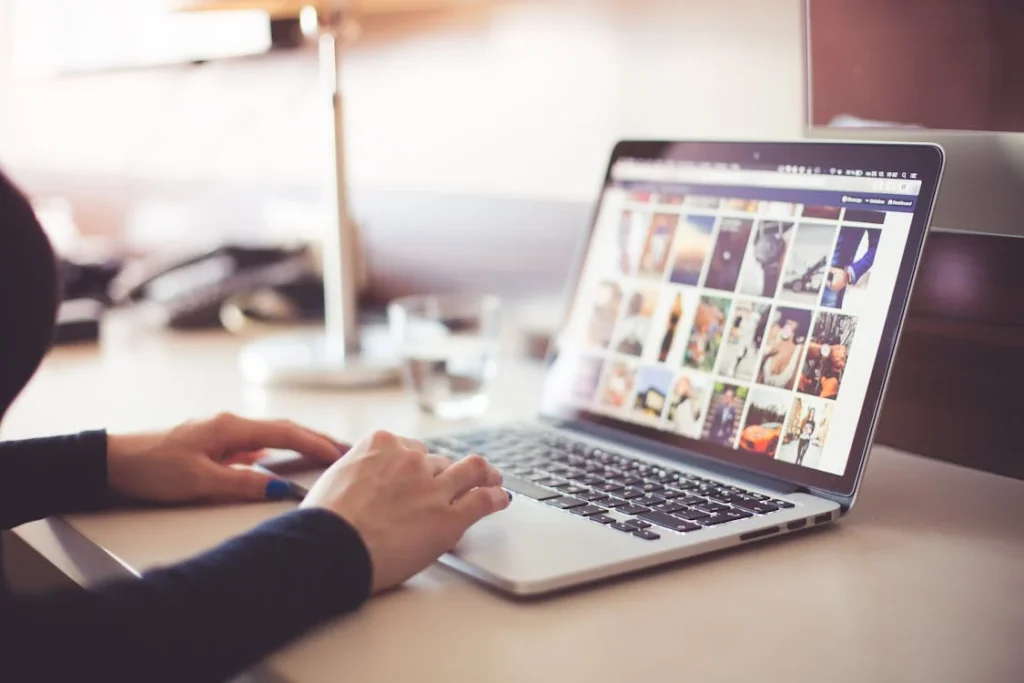
The Role of Social Media in Adaptive Sports and Fitness for Amputees
For many amputees, returning to an active lifestyle after limb loss can feel overwhelming. The fear of injury, uncertainty about what is possible, and lack of guidance can make physical activity seem like an impossible challenge.
Social media, however, has played a transformational role in adaptive sports and fitness, proving that amputees can be just as strong, agile, and competitive as anyone else.
Inspiring Amputees to Stay Active
One of the biggest mental barriers amputees face is self-doubt about their physical capabilities. Many assume that sports, running, or even basic workouts are no longer an option.
But social media has shattered these misconceptions by showcasing amputees excelling in sports like running, weightlifting, swimming, rock climbing, and even extreme activities like skydiving and surfing.
Athletes such as Paralympians, fitness influencers, and adaptive sports enthusiasts share their training routines, rehabilitation progress, and competition highlights, proving that limb loss does not mean giving up an active lifestyle.
Seeing someone with a prosthetic leg sprint on a track or lift heavy weights in a gym is incredibly inspiring for new amputees who may still be hesitant to push their bodies.
Providing Practical Guidance and Training Tips
For amputees interested in fitness, getting started can be confusing. Questions like “What kind of prosthetic do I need?” or “How do I balance my body while running?” can hold them back.
Social media has become a valuable resource for practical advice, with experienced amputee athletes sharing training tips, stretching routines, and advice on injury prevention.
Platforms like YouTube and Instagram are filled with step-by-step tutorials on how to adapt workout routines, modify exercises, and safely build strength.
Some coaches and physiotherapists even offer virtual consultations, allowing amputees to receive personalized guidance from professionals without needing to travel to specialized clinics.
Building a Community Around Adaptive Sports
One of the most powerful aspects of social media is its ability to bring people together through shared goals. Adaptive sports communities have flourished online, creating spaces where amputees can connect, exchange tips, and support one another in their fitness journeys.
Whether someone is training for a marathon, learning how to cycle with a prosthetic, or simply trying to stay active, these online groups provide motivation and accountability.
Amputees who once felt isolated in their fitness struggles now have a network of like-minded individuals who understand their challenges and celebrate their victories.
This sense of belonging helps individuals stay committed to their goals, knowing that they have a support system that believes in their potential.
Encouraging a Mindset of Strength and Possibility
Physical fitness is not just about building muscle or endurance—it is also about developing a strong mindset. Social media has helped amputees shift their focus from what they have lost to what they can achieve.
Many fitness influencers and adaptive athletes emphasize the power of mental resilience, encouraging others to push past self-imposed limitations.
Amputees who engage in sports and fitness often experience improved mental health, increased self-confidence, and a greater sense of independence.
By seeing what others have accomplished through social media, they are inspired to take those first steps toward their own fitness goals.
At Robobionics, we support the idea that movement is a key part of recovery and self-confidence. Our Grippy™ prosthetic solutions are designed to help amputees regain mobility, strength, and independence.
With the right tools and an encouraging community, amputees can embrace an active lifestyle and achieve things they once thought were impossible.

The Rise of Amputee Influencers and Digital Storytelling
Social media has given amputees not just a platform for connection and support but also a voice to share their stories with the world.
Amputee influencers have emerged as powerful storytellers, using digital platforms to change perceptions, inspire confidence, and advocate for inclusivity.
Their presence on social media is reshaping how society views limb loss, proving that amputees are not defined by their missing limbs but by their resilience, ambition, and individuality.
How Amputee Influencers are Changing the Narrative
For years, conversations around amputation were largely focused on medical recovery and disability awareness. While these are important topics, they do not tell the full story of what it means to live as an amputee.
Social media has allowed individuals with limb loss to take control of their own narratives, shifting the focus from disability to capability and empowerment.
Many amputee influencers share their day-to-day experiences, whether it is styling their prosthetic to match their outfit, traveling the world, working in different industries, or even parenting.
They show that limb loss is not an obstacle to leading a fulfilling life. By documenting their lives in an authentic and unfiltered way, they challenge stereotypes and prove that amputees are just as diverse, ambitious, and independent as anyone else.
Using Digital Storytelling to Inspire and Educate
One of the most powerful ways social media is being used by amputees is through digital storytelling.
Videos, blogs, and posts that capture personal journeys—whether it is the first time walking with a prosthetic, dealing with phantom limb pain, or overcoming self-doubt—create deep emotional connections with audiences.
Platforms like YouTube and TikTok have become spaces where amputees share their raw, unfiltered experiences, making their struggles and triumphs visible to the world.
Some talk about the challenges of navigating public spaces, while others focus on how they built self-confidence after limb loss. These stories educate, inspire, and empower, providing insights that go beyond what traditional media covers.
Empowering Others Through Representation
Representation is crucial for amputees, especially those who are newly adjusting to life with limb loss. Seeing people who look like them, who have faced similar struggles, and who have found success despite the odds is incredibly impactful. Social media is creating role models for future generations of amputees, helping them see that they are not alone and that they can achieve their dreams.
For a young child with a limb difference, watching an amputee modeling, competing in sports, dancing, or starting their own business sends a powerful message: “You can do this too.”
This visibility helps break down self-imposed limitations and inspires amputees to pursue their passions without fear.
Monetization and Career Opportunities for Amputees
Social media has also opened up career opportunities for amputees, allowing them to build personal brands, collaborate with companies, and earn an income through content creation.
Many influencers have partnered with prosthetic companies, adaptive fashion brands, and fitness organizations to promote products designed to improve the lives of people with limb loss.
Others have become public speakers, authors, and brand ambassadors, using their platforms to spread awareness and drive meaningful conversations about accessibility and inclusion.
What once seemed like a niche market has now become a thriving digital space where amputees can turn their experiences into opportunities.
At Robobionics, we believe in the power of storytelling to inspire change. By amplifying the voices of amputees and supporting those who share their journeys, we are helping to create a world where limb loss is not seen as a limitation but as a unique part of an individual’s identity.
Conclusion
Social media has transformed the way amputees heal, connect, and thrive. It has created a global support system where individuals can share their journeys, challenge stereotypes, and empower one another. Through online communities, amputees are finding the encouragement they need to rebuild confidence, embrace their identities, and pursue their dreams without limitations.
Beyond emotional support, social media is driving real change—raising awareness, advocating for accessibility, and inspiring the next generation of amputees. It is proving that amputation is not an ending but a new beginning, one filled with opportunity, resilience, and strength.
At Robobionics, we believe that community is just as important as technology in the recovery process. While our Grippy™ prosthetic solutions restore mobility, social support restores confidence and hope. Whether you are an amputee looking for guidance or a loved one seeking ways to help, social media offers the tools to build a brighter, more inclusive future.
If you or someone you know is on this journey, remember—you are not alone. Join the conversation, connect with the community, and embrace the strength that comes from shared experiences.



